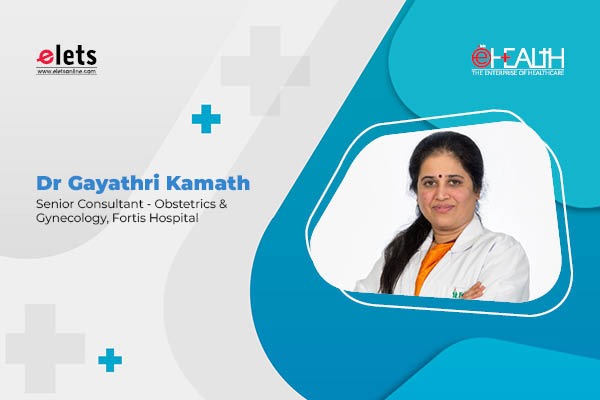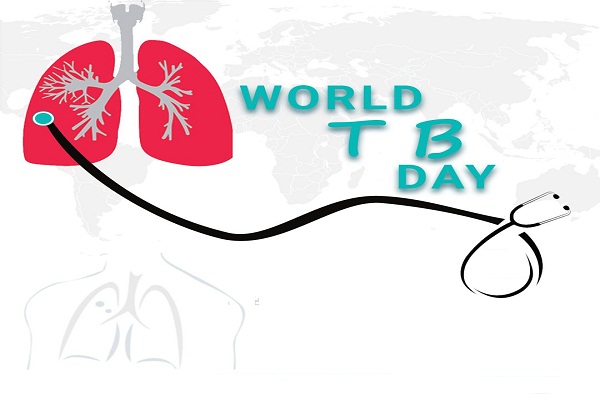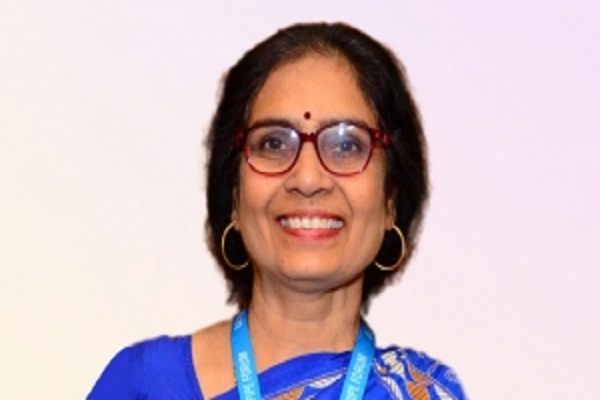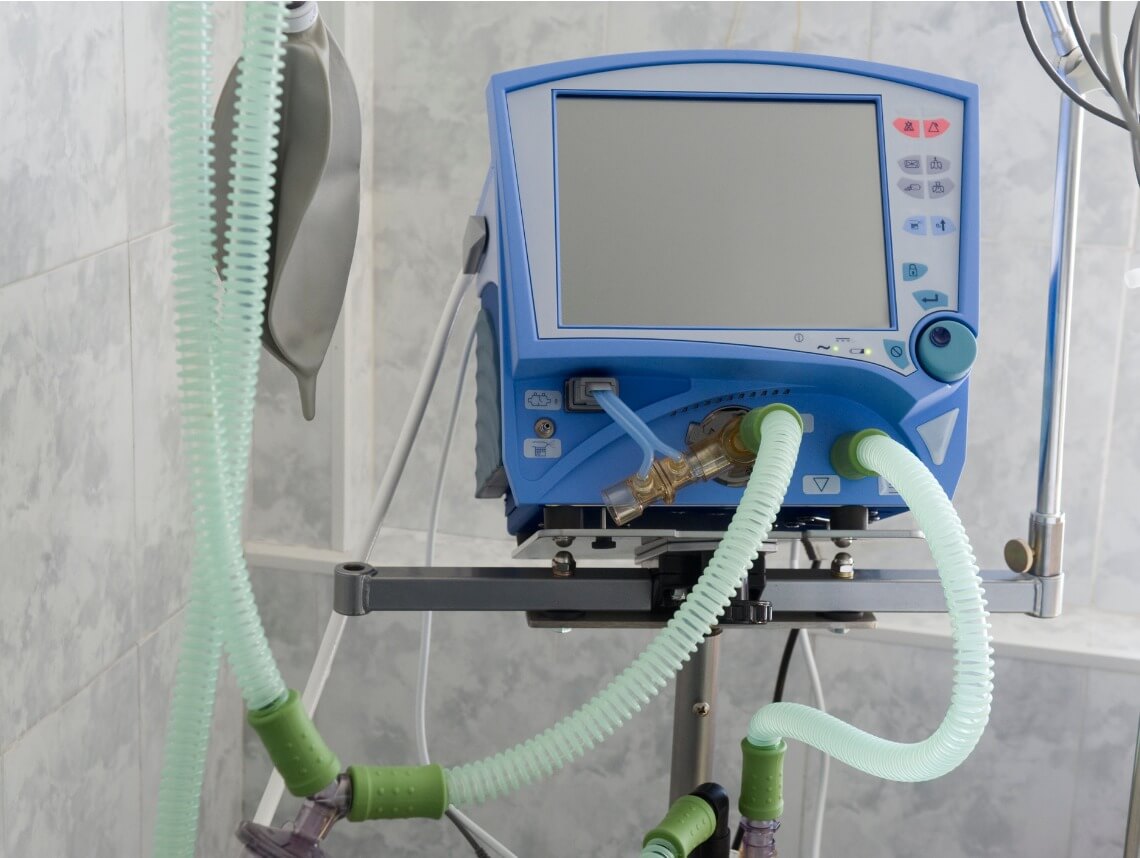

Ram Yeleswarapu, President & CEO, TAKE Solutions
The global healthcare industry is primed for disruption and the use of SMAC (Social, Mobile, Analytics, and Cloud technologies) are poised to drive this revolution. The age-old adage that prevention is better than cure could not have been more relevant today. It is true that developed nations spend an insignificant amount on preventative healthcare and the focus is more on cure.
However, economies around the world are actively exploring the use of technologies to democratize healthcare across various levels of socio-economic disparities and extend quality of care to patients in an affordable manner. Ram Yeleswarapu, President & CEO, TAKE Solutions highlights some of the challenges inherent in the system currently and shares the importance of SMAC technologies for healthcare industry.

Silos of data due to lack of interoperability and regulatory hurdles have created bottlenecks that need to be addressed urgently. While some economies in the developed world have focused on expensive and provider-centric health/medical records solutions, lack of interoperability and the absence of a transparent, commercial model has created barriers.
At the same time, patient data privacy and the need for informed consent to use the data for effecting a more beneficial model needs to be instituted. Rising risks and costs due to lack of appropriate and timely information sharing is pushing millions of households in developing and underdeveloped nations into poverty. In the face of these hurdles, the use of mobile applications to securely capture and store personal healthcare data; the use of ubiquitous cloud technologies and collaboration to share insights based on incisive analytics can help address the challenges in the healthcare systems.
With such platforms, patients can be assured of having their healthcare data available in a secure manner and under their control with complete portability, and benefit from improved and proactive diagnosis and preventive wellbeing. Such benefits could potentially be delivered at lower costs, given that the demands on large scale and expensive infrastructure can be obviated. Care providers upon being engaged by voluntary and active patient participation will have access to comprehensive healthcare datasets for making a more proactive diagnosis.

Policy makers can obtain insights on disease prence and proactive intervention, have a better understanding of unmet medical needs and correlate healthcare and behavioral data in order to deliver superior outcomes at lower costs. Governments can enforce compliance and provide a uniform platform for local, regional, and global collaboration with better insights into epidemiology and treatments.
With access to larger volumes of richer patient-centric healthcare data, pharmaceutical companies can potentially reduce the elapsed time and costs for drug development and continue to engage meaningfully with patients. With a reduced burden of illness and an enhanced adherence and compliance to medication, especially for chronic conditions, insurance providers can design data-driven plans and mitigate and manage risks better.
In summary, the benefits of SMAC could extend the ultimate flexibility over data handling and sharing to patients, along with providing greater insights into disease progression or remission analysis and compelling individuals to become more proactive in personal health management. Information aggregation across data assets in an anonymized manner could provide better trend analysis and enable superior collaboration and transparency among the stakeholders for better and timely decision making.
Today, SMAC technologies can support patient engagement while ensuring data privacy and enabling data access and sharing, such that care providers can intervene at the right time and detect disease onset, which could in turn lead to extending effective treatment early on rather than incurring expensive and elaborate in a delayed setting. Near real time data aggregation and integration could enable sharp insights into patient demographics and disease epidemiology.
Understanding the clinical, pathological, and vital signs of patients who are diagnosed or are predisposed to certain diseases could help provide early interventions and offer treatment patterns that could be more effective than the conventional ones available today. Mobile platforms could spur active patient engagement and can ensure adherence to medication and enforce persistence and compliance to wellbeing. The outcome of personal care by patients and attainment of individual goals could be measured along the lines of cure and wellness and ultimately prevention of diseases.
Be a part of Elets Collaborative Initiatives. Join Us for Upcoming Events and explore business opportunities. Like us on Facebook , connect with us on LinkedIn and follow us on Twitter , Instagram.












